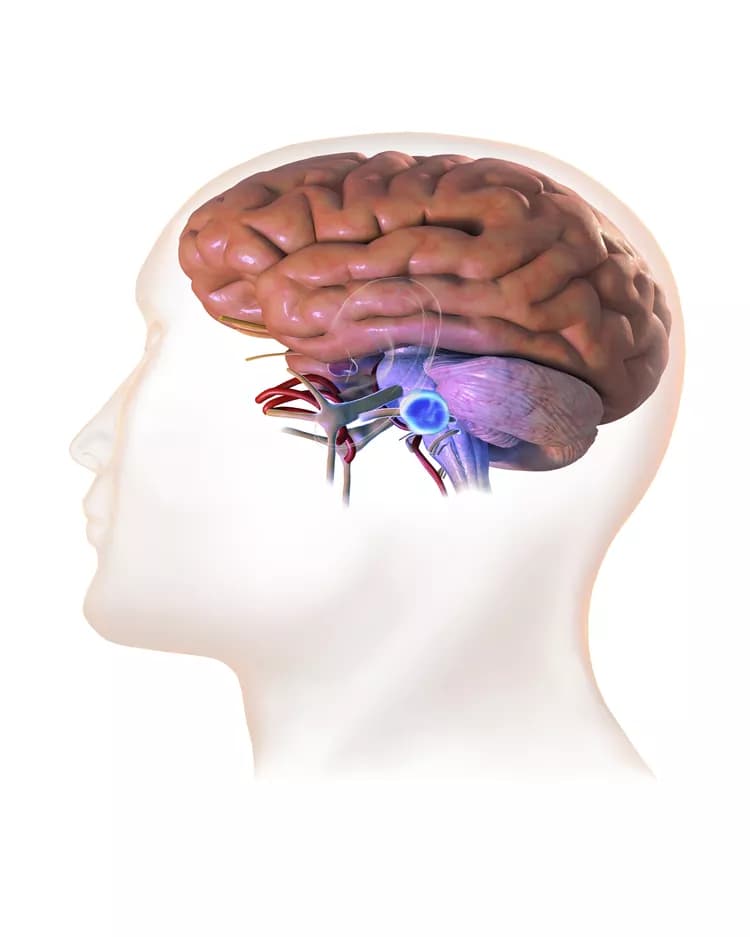
Brain's Defense Cells Live Longer Than Expected
Eliminating pathogens and cellular waste -- this is an important task of microglia cells, the immune cells of the brain. They belong to the group of non-neural brain cells that support the normal function of nerve cells. A new study now shows that in mice these scavenger cells may live as long as the rodents themselves. The new finding comes from scientists at the Hertie Institute for Clinical Brain Research, the University of Tübingen, and the German Center for Neurodegenerative Diseases (DZNE). In an advance online publication of the journal Nature Neuroscience the scientists followed individual microglia cells under the microscope in vivo. The unexpectedly long lifespan of microglia indicates further functions these cells may perform: "Their longevity allows them to learn and to age," explains Professor Dr. Mathias Jucker. "This may enable them to form an immunological memory and contribute to the development of neurodegenerative diseases."
Until now it has been unclear whether microglia cells can create a memory for pathogens similar to the one developed by immune cells in the rest of the body. This function ensures a faster and more efficient activation of the defense cells when a second contact is made. "If microglia cells lived only briefly, an immune memory would not make much sense. Now that we know this is not the case, the idea becomes well conceivable," says the neurobiologist. In fact, there are first indications that an early stimulation of the brain's immune system permanently changes the activity of the microglia cells.
In addition to this task, microglia have long been suspected of playing a role in the development of age-related neurological diseases. "An amazing finding in recent years is that most risk factors for Alzheimer's dis-ease map to changes in genes that are active in microglia cells," Jucker says. It remains unclear how the cells contribute to the development of the disease. However: "Aging and senescence of microglia may play a role -- this requires a long life of the cells."
In the healthy brain, the number of microglia remains more or less constant. However, until now scientists have been discussing whether microglia are short-lived cells that rapidly proliferate, or whether they are long-lived cells that rarely divide. Previous measurements were done only indirectly and led to contradictory results. In the present study, Dr. Petra Füger and Dr. Angelos Skodras genetically labeled individual microglia in mice and directly observed the turnover of these cells using 2-photon imaging over many months in the mouse brain. "As the outcome was completely open, we had a bet running in the department with predictions that ranged from a couple of months to more than a year," Jucker recalls. In the end, half of the cells studied showed a calculated lifespan of up to 28 months, which corresponds to a mouse's lifetime. "In our study, we were finally able to prove the longevity of microglia," the authors conclude.
Materials provided by Universitaet Tübingen. Note: Content may be edited for style and length.
Disclaimer: DoveMed is not responsible for the accuracy of the adapted version of news releases posted to DoveMed by contributing universities and institutions.
References:
Füger et al. (2017). Microglia turnover with aging and in an Alzheimer´s model via long-term in vivo single-cell imaging. Nature Neuroscience. DOI: 10.1038/nn.4631
Related Articles
Test Your Knowledge
Asked by users
Related Centers
Related Specialties
Related Physicians
Related Procedures
Related Resources
Join DoveHubs
and connect with fellow professionals

0 Comments
Please log in to post a comment.